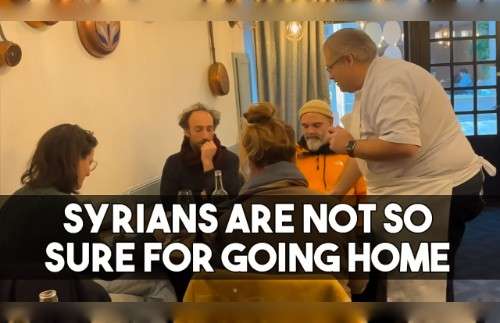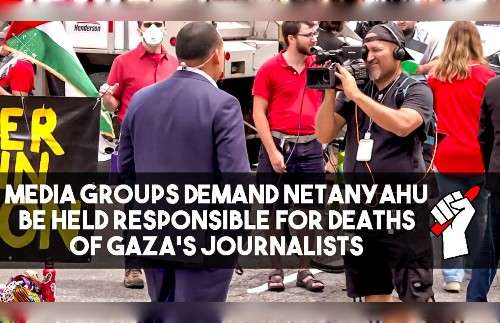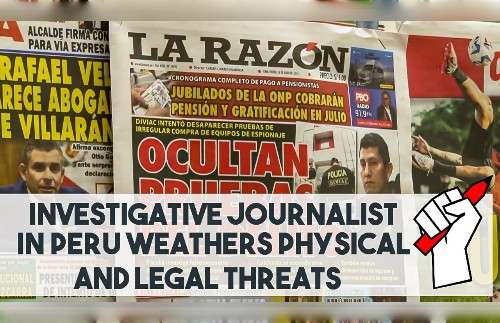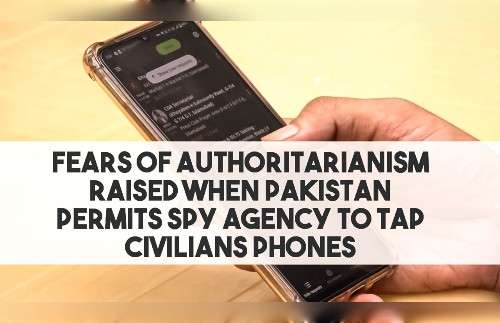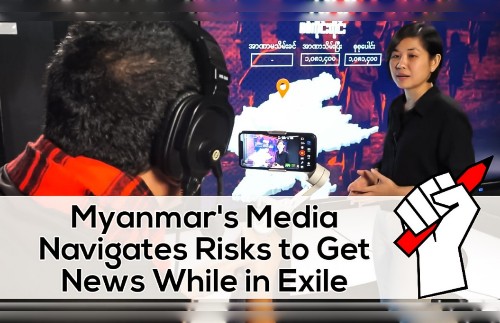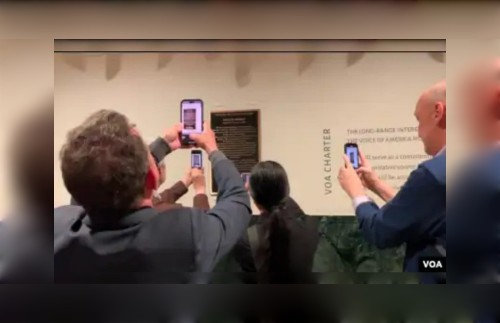
While the appeal trial of the Beninese investigative journalist who was wrongly sentenced to 18 months in prison should finally open this Tuesday, April 28, Reporters Without Borders (RSF) and several civil society organizations call for his immediate release.
Ignace Sossou , investigative journalist for the information site Bénin Web TV, will appear before the Cotonou Court of Appeal tomorrow April 28, 2020. Convicted for “harassment by electronic means” in December 2019, he is detained in a prison in the Beninese capital for more than four months. Pursued for having relayed on social networks the words of a prosecutor held during a workshop on disinformation, he nevertheless committed no fault. In a video confronting the magistrate’s statements and the journalist’s tweets, RSF had managed to prove his total innocence and to show that he had taken verbatim the words of the prosecutor, whom he considered, as a journalist, to be ‘They were of public interest.
“This journalist should never have ended up in prison ,” says Assane Diagne, director of the West Africa office of RSF. He was tried according to a text, the Digital Code, which is not the one, much more protective, which regulates the press, even though the acts of which he is accused are unambiguously the work of a journalist.
“Basically, these three tweets scrupulously repeating declarations of public interest do not constitute defamation offenses and even less harassment, says Arnaud Froger, head of the Africa office. The proofs of the innocence of this journalist having been made public for a long time, we count on the Beninese justice to release him without delay so that he does not remain the first reporter of West Africa deprived of his liberty for reporting comments that had been made on social media. ”
This new call for the release of Ignace Sossou was launched by several organizations including RSF, the Norbert Zongo Cell for Investigative Journalism in West Africa (CENOZO) with which the journalist and the Committee for the Protection of journalists (CPJ).
The risk that the situation of Ignace Sossou would create an extremely dangerous precedent for the freedom of information not only in Benin but throughout the area of the Cédéao has raised concerns throughout the region. On March 13, in an unprecedented joint forum to which RSF joined, more than 120 media and journalists from West Africa demanded his release.
In early April, RSF and more than 80 organizations also wrote to 10 African heads of state , including the President of Benin, Patrice Talon, asking for the release of all journalists detained for their work in order to mitigate the risk of exposure to the coronavirus. The letter referred to the right of detainees to “enjoy the highest attainable standard of physical and mental health” under the African Charter on Human and Peoples’ Rights and the high risk of infection of prisoners, according to the Organization world health. Benin confirmed its first case of COVID-19 in March, according to Reuters.
Arbitrary detention of a journalist who has committed no offense, suspension of media close to the opposition, interference in editorial editorial freedom, Benin lost 17 places, the third largest drop in the 2020 ranking press freedom report just published by RSF. The country now occupies 113th place out of 180.
Copyright ©2016, Reporters Without Borders. Used with the permission of Reporters Without Borders(RSF), CS 90247 75083 Paris Cedex 02 https://rsf.org
Ukraine Reveals Handwritten Letter of a Fallen North Korean Soldier in Kursk
Syrians Are Not So Sure for Going Home
Golan Heights Druze Welcome New Syrian Rulers
Tibetans Demand Apology from the British Museum for Use of ‘Xizang’
Escaping from Scam Center on Cambodia’s Bokor Mountain
UN Security Council Meets to Discuss Children and Armed Conflict
10 Shocking Revelations from Bangladesh Commission’s Report About Ex-PM Hasina-Linked Forced Disappearances
Migration Dynamics Shifting Due to New US Administration New Regional Laws
Subscribe Our You Tube Channel
Fighting Fake News
Fighting Lies






